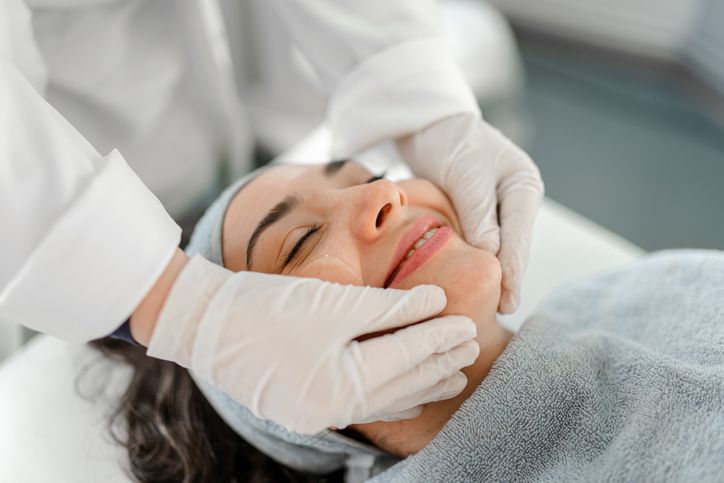Folliculitis and Lupus: A Beautician's Guide to Understanding Skin Challenges
In the world of skincare, the terms folliculitis and lupus often emerge as significant conditions that require attention and understanding. As a beautician, having a profound grasp of these conditions can enhance your ability to cater to clients with specific skin concerns. This comprehensive guide will delve into the nuances of folliculitis and lupus, focusing on their implications for skincare and the role beauticians can play in managing these conditions.
Folliculitis is a common skin condition characterized by the inflammation of hair follicles, leading to red, bumpy skin. On the other hand, lupus is a chronic autoimmune disease that can affect various parts of the body, including the skin. Both conditions can significantly impact a person's confidence and well-being, making it crucial for beauticians to understand their manifestations and treatments.

What is Folliculitis?
Folliculitis occurs when hair follicles become inflamed, often due to infection or irritation. It can appear as small, red bumps or white-headed pimples around hair follicles. Common causes include bacterial infections, fungal infections, and irritation from shaving or wearing tight clothing. Understanding the hygiene factors that lead to folliculitis is essential for prevention.
As a beautician, recognizing the signs of folliculitis can help you advise clients on appropriate skincare routines and treatments. Recommending gentle exfoliation and non-comedogenic products can prevent further irritation and promote healing. For more insights, explore how to manage sweat to prevent folliculitis in this article.
The Impact of Lupus on the Skin
Lupus is a systemic autoimmune disease that can manifest in various skin-related symptoms, including rashes and sensitivity to sunlight. The most common skin manifestation in lupus is a butterfly-shaped rash across the cheeks and nose. As a beautician, understanding the sensitivity of lupus-affected skin can guide your approach to skincare and makeup application.
Clients with lupus often require hypoallergenic skincare products and sun protection to prevent flare-ups. Educating them on the importance of gentle skincare regimens can improve their skin health and overall quality of life. For more detailed information on lupus's impact on the skin, visit the American Academy of Dermatology.
Distinguishing Between Folliculitis and Acne
While folliculitis and acne may appear similar, they have distinct differences that beauticians should recognize. Folliculitis is primarily an infection of the hair follicles, whereas acne involves the oil glands and hair follicles. Misdiagnosing one for the other can lead to ineffective treatments and prolonged skin issues.
Understanding these differences can help beauticians recommend suitable skincare products and treatments. For a deeper dive into distinguishing between folliculitis and acne, explore this resource.
Holistic Approaches to Managing Folliculitis and Lupus
Incorporating holistic approaches into skincare can benefit clients with folliculitis and lupus. Promoting a healthy lifestyle, including a balanced diet and stress management, can complement traditional treatments. Encouraging clients to maintain a healthy routine can improve their skin condition and overall well-being.
Additionally, staying informed about the latest skincare trends and treatments is vital for beauticians. For instance, understanding the causes of hot tub folliculitis can prevent future occurrences and provide clients with valuable advice. To learn more about this condition, read the article.

FAQs
What are the primary causes of folliculitis?
Folliculitis is primarily caused by bacterial or fungal infections, irritation from shaving, and wearing tight clothing. Good hygiene practices and avoiding irritants can help prevent it.
How can beauticians help clients with lupus?
Beauticians can assist clients with lupus by recommending hypoallergenic products, educating them on sun protection, and promoting gentle skincare regimens to prevent flare-ups.
Are there natural remedies for managing folliculitis?
Yes, natural remedies like aloe vera gel and tea tree oil can soothe irritated skin and reduce inflammation. However, consulting a healthcare professional is recommended for severe cases.
In conclusion, understanding the complexities of folliculitis and lupus is essential for beauticians aiming to provide top-notch skincare services. By staying informed and adopting a holistic approach, you can significantly enhance your clients' skin health and confidence.

